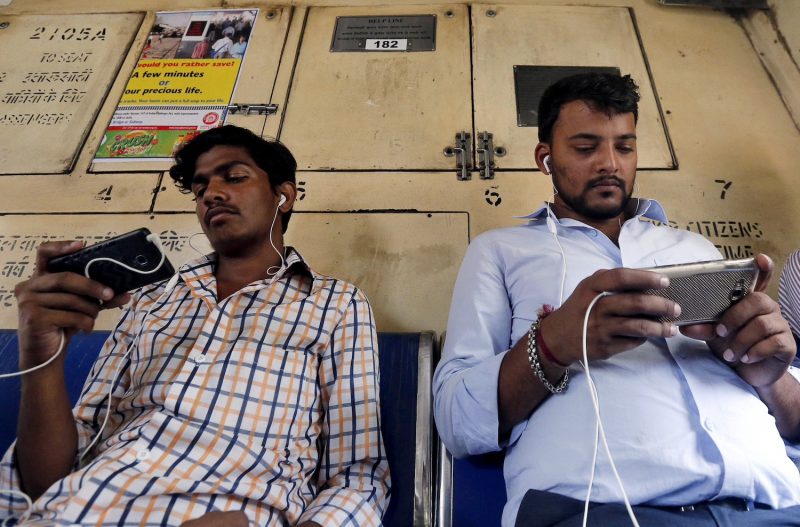An Indian government panel said the country should create a regulatory body for online gaming to crack down on gambling and addiction.
The confidential draft report calls for the creation of a new regulatory body under India’s IT ministry to determine which online games qualify as games of skill and which are closer to chance-based gambling.
India needs a new federal online gaming law, it said, which will provide regulatory flexibility “with punishment provisions, along with blocking powers, for the government against prohibited gaming formats”.
The much-awaited report is seen as shaping the future of the mobile gaming industry in India, estimated to be worth $5 billion by 2025, from $1.5 billion this year. It comes amid rising concerns over gaming addiction and “inconsistent state laws” disrupting business.
Skill Versus Gambling
Simply defining games has been contentious. India’s Supreme Court says the card game rummy and certain fantasy games are skill-based and legal, but at least one state court classified games such as poker as chance-based, or akin to gambling, which is banned in most states.
Though the panel considered only online skill games, and not gambling, which is handled by states, it noted that many offshore betting and gambling websites that are illegal in India have become popular among Indian users. The new legal framework would apply to both free and pay-to-play skill games.
“On the aspect of prohibiting games of chance being played online, the proposed Digital India Act can include it in the list of prohibited user harms that will not be permitted,” the report stated.
A senior government source said that although the federal government could classify chance-based games as harmful, it would let states make the final call on whether to allow gambling.
India’s Booming Gaming Industry
A 2020 report by Indian trade group FICCI and consulting firm EY stated that of 65 billion Indian rupees ($817 million) garnered by online gaming industry the previous year, transaction-based gaming, including real-money, contributed 71%, or 46 billion rupees.
Endorsements by top Indian cricketers and other marketing efforts have boosted the appeal and investor interest of real money gaming apps. Dream11 commands a valuation of $8 billion, while Mobile Premier League is valued at $2.5 billion, PitchBook data shows. By 2021, there were 95 million paying gamers in India.
The government report noted that the proliferation of such games among the youth had led to addiction that often caused financial losses, with some reported cases of suicides.
The report calls for laws and rules to include so-called “de-addiction measures” such as periodic warnings and advisories and fixing deposit and withdrawal limits. It also calls for “responsible advertising”.
For online games such as fantasy cricket on Dream11, paid contests remain the popular attraction. Users can create their teams by paying as little as 14 rupees (17 US cents), with a total prize pool of 7 million rupees ($88,000) up for grabs by winners. The top ranking performer can take home 275,000 rupees ($3,462).
After receiving suggestions from India’s revenue department, the government panel stated that online gaming companies should be required to report any “suspicious transactions” to the government’s Financial Intelligence Unit.
- Reuters, with additional editing from Alfie Habershon
Read more:
Concern on Impact of Deadly E-Scooter Showroom Fire in India
Vedanta Picks Modi’s State for $20bn India Chips Plant
India Says Russian Oil Imports Help Its Inflation Fight
























